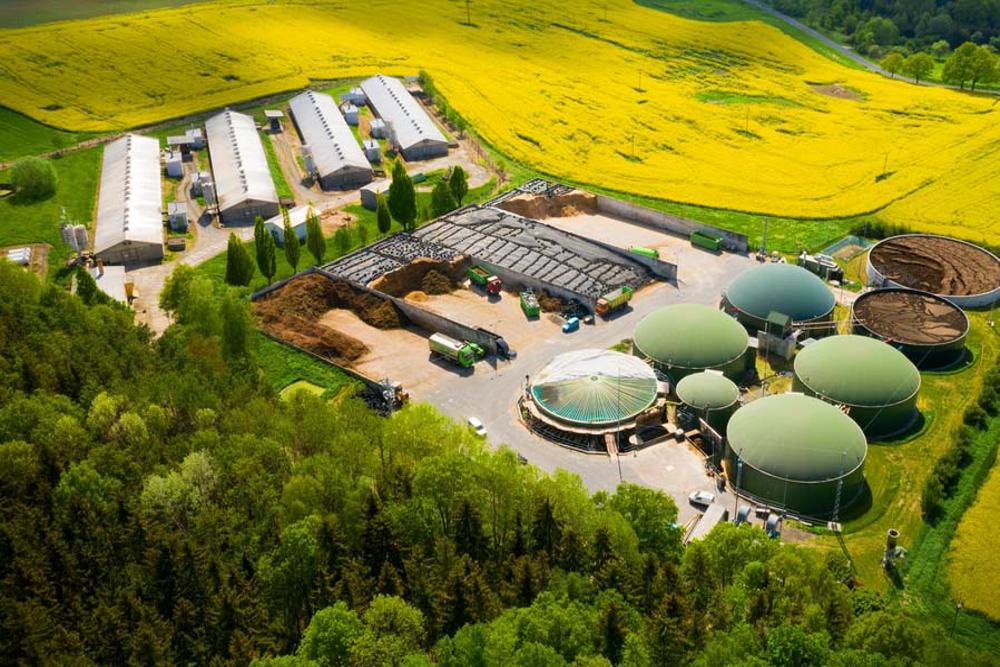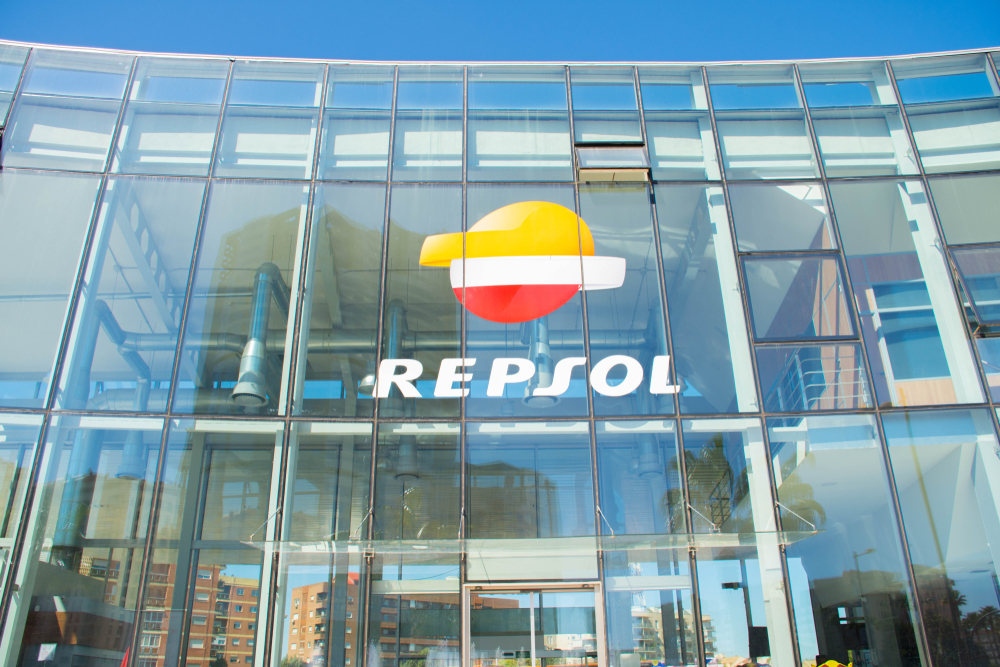
Carnarvon Petroleum Limited (Carnarvon) has formed a joint venture with Frontier Impact Group (FIG) to produce renewable diesel and other sustainable products.
The joint venture plans to use internationally proven technology to process waste lignocellulosic biomass as a feedstock and produce renewable diesel, high-quality biochar and wood vinegar. The local implementation of this technology will be an Australian first.
Carnarvon states that much of the high-quality biochar could be further processed into high-quality graphene which has a wide variety of applications e.g. electronics, batteries and material composites.
Each party will own 50 per cent equity in the joint venture, with Carnarvon set to invest AU$2.6 million in seed capital to enable the first project to reach financial close, which is expected by early 2022.
One of the attractions of the venture to Carnarvon is the effective enhancement of the company’s exposure to oil price linked production from renewable diesel.
First production from the facility is targeted for late 2022, which would occur ahead of a successful Buffalo field redevelopment scheduled for late 2023 and first production from Dorado scheduled for late 2025.
Another attraction of the venture is its potential to lower Carnarvon’s emissions intensity on a portfolio basis, particularly as the projects are scaled up in the future.
The joint venture intends to pursue the accreditation of Australian Carbon Credit Units (ACCUs) for the production of renewable diesel and other associated activities.
The venture is also looking to be involved in a number of carbon project development activities such as tree planting that will enable Carnarvon to generate ACCUs to offset carbon emissions produced from Buffalo and Dorado and place the company firmly on the path to achieving its net-zero before 2050 target.
Carnarvon states that in the near term it will continue to focus on its core upstream oil and gas business.
Carnarvon Managing Director and CEO, Adrian Cook, said: “This opportunity underpins our core business endeavours, most particularly around funding Dorado, whilst enhancing our portfolio exposure to oil price linked products and for the future, building a value-focused position in the renewables sector of the energy industry.”
“Earlier today, we announced the company’s commitment to delivering a net-zero carbon emissions business before 2050,” Mr Cook said.
“This joint venture demonstrates a clear and pragmatic start to delivering on our net-zero commitment, while ensuring long-term, sustainable shareholder value remains a key determinant in our decision making.”
“The opportunity also gives us the ability to substantially scale up our operations and provide avenues to add value through our existing knowledge and experience.”







